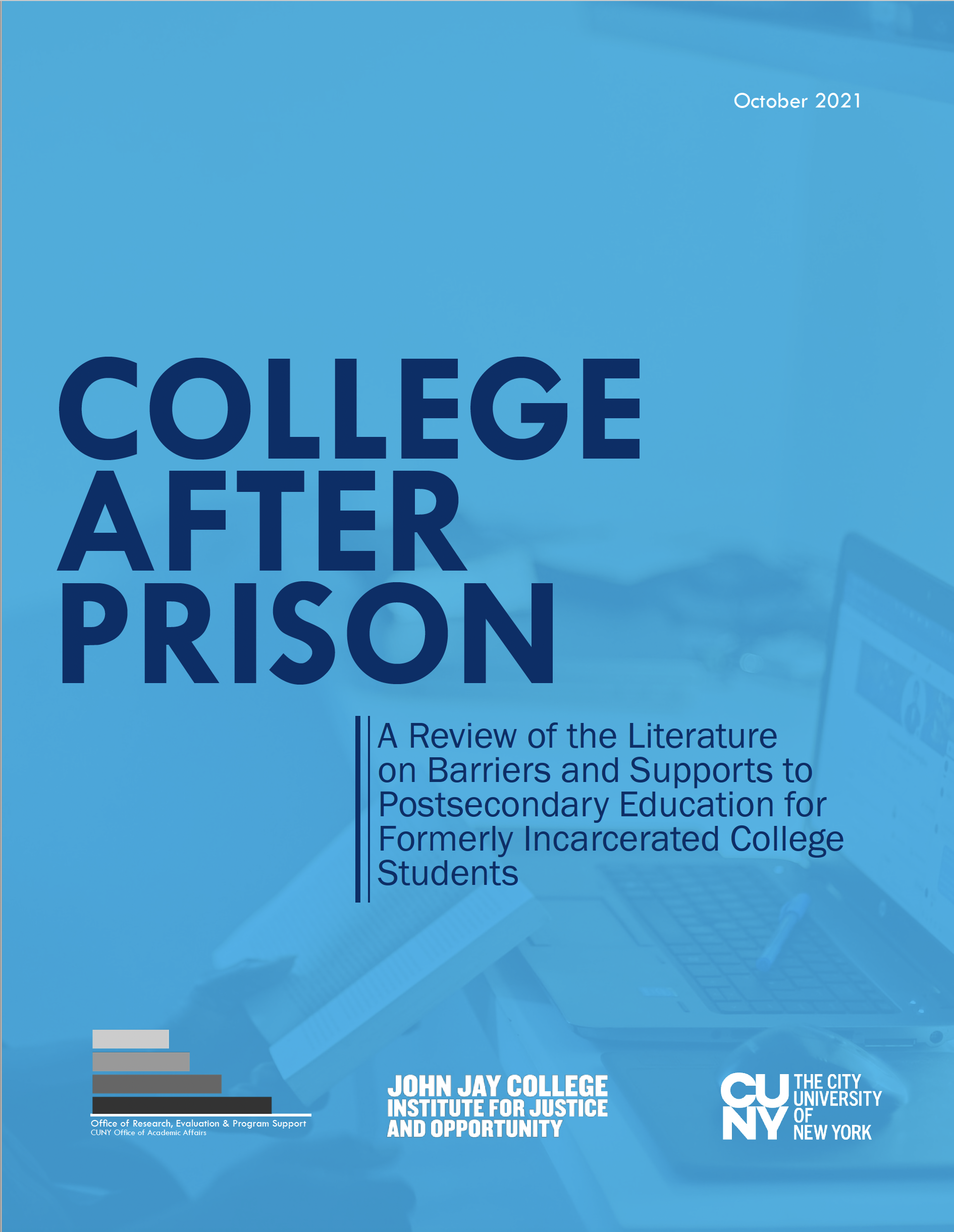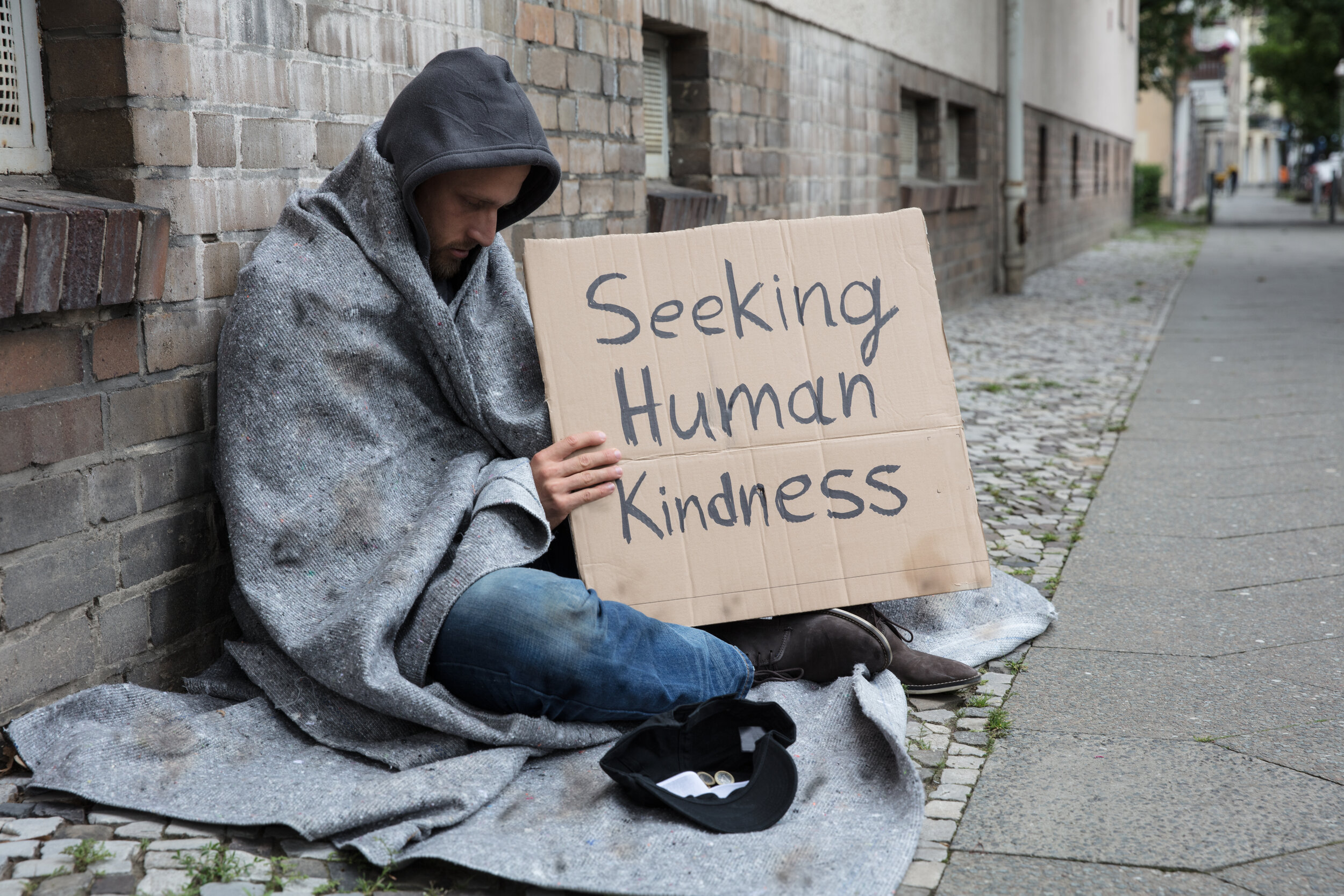Submitted by S&PAA
David E. Geiger Writes
New report highlights failures of inadequate system of medical care
resulting in high rates of homelessness and incarceration,
prompts launch of new advocacy initiative.
Alexandria, VA - The Schizophrenia & Psychosis Action Alliance (S&PAA) today released “Societal Costs of Schizophrenia and Related Disorders,” a report that identifies the staggering direct and indirect costs of caring for the estimated 2.65 million people in the U.S. living with schizophrenia. The research, commissioned by S&PAA, revealed that schizophrenia cost the U.S. an estimated $281.6 billion in 2020, with a significant amount of direct costs due to health care, incarceration, supportive housing and homelessness. For each person diagnosed with schizophrenia at age 25, the total lifetime cost to the economy is approximately $3.8 million or $92,000 per year.
The report underscores the devastating failure of current laws, public policies, and the behavioral healthcare system to provide appropriate medical care for people living with schizophrenia and the need for a better treatment paradigm, one that recognizes the disease as a neurological condition and addresses it accordingly.
The total costs of schizophrenia calculated in this report include:
$62.0 billion in total direct costs chiefly for health care ($27.2 billion) and incarceration
($14.5 billion), with much of the remaining costs for supportive housing and
homelessness.
$115.2 billion in indirect costs from lost wages, reduced quality of life, and decreased life expectancy; and
$104.5 billion in indirect caregiver costs
“The report released by the S&PAA is a somber reminder – and a clear warning – that we can no longer afford the cost of inaction on the treatment of those suffering from mental illnesses like schizophrenia,” said Congresswoman Eddie Bernice Johnson (TX-30). “Going forward, we must make sure that our commitment to providing quality, affordable, and accessible mental health services is reflected in our research and funding efforts.”
“We cannot continue to allow people with schizophrenia to be sent to prison or left to live on the streets simply because they have an untreated medical condition. We can do better, both in terms of the care provided, the money spent, and the compassion extended. The time for action – for real change – is now. This report is an important first step,” said former Congressman Tim Murphy, PhD, a board member of S&PAA.
Johnson and Murphy were the authors of the Helping Families In Mental Health Crisis Act of 2016, which overwhelmingly passed the House of Representatives and was later amended into the 21st Century Cures Act. Before being elected to Congress, Johnson was the first female African-American Chief Psychiatric Nurse at the V.A. Hospital in Dallas. Murphy is a practicing psychologist and served as the principal investigator for the S&PAA study.
Recognizing that this report’s findings are likely an underestimate, S&PAA has launched the Insight Initiative to be a sponsor for further data collection regarding the total economic cost of schizophrenia and psychosis and act as a catalyst for change. The Insight Initiative will issue guidance regarding the collection and reporting of federal, state and local level costs, demographics (race, ethnicity, socioeconomic) and diagnostic data for all support services provided to individuals with schizophrenia. It will also work to foster public-private partnerships designed to accelerate independent research regarding the scope and costs of schizophrenia.
The Insight Initiative’s core policy objectives include advocating for the following congressional actions initially as part of the budget reconciliation process, including changes to the Medicare and Medicaid programs:
Directing the National Institute of Mental Health (NIMH) to collect accurate prevalence
and incidence data by conducting a system-wide epidemiologic study on schizophrenia
and serious mental illness, thereby updating the first Epidemiologic Catchment Area
(ECA) program of research commissioned in 1977;
Significantly increasing the annual NIMH clinical research budget allocations for
evidence-based studies with the best potential to improve outcomes for individuals with schizophrenia; and
Reauthorizing the 21st Century Cures Act to include funding for priorities that serve
individuals living with schizophrenia.
“No cure for schizophrenia is available. However, with early diagnosis and life-long effective treatment and care, individuals living with schizophrenia have unlimited potential,” said Gordon Lavigne, CEO of S&PAA. “We know that only with more comprehensive, accurate data and analysis can the U.S. develop targeted policies and ultimately a better system of care for people living with schizophrenia. Furthermore, it is essential to reclassify schizophrenia as a progressive neurodevelopmental condition. Only then can we begin to change the treatment paradigm. On behalf of the millions of people living with and caring for individuals with schizophrenia in the United States, we urge policymakers to support this important Insight Initiative.”
###
Schizophrenia & Psychosis Action Alliance, a non-profit organization based in Alexandria, VA, is on a mission to save lives by changing the treatment paradigm for all people affected by schizophrenia-related brain diseases which involve psychosis.
To learn more information, please visit www.sczaction.org
Media Contact
Tel: +1 (240) 423-9432
E-mail: media@sczaction.org
To read more articles, access David Geiger’s blog at www.davidegeiger.com
Read Goodreads reviews of In the Matter of Edwin Potter at www.davidegeiger.com
Read the preview at In the Matter of Edwin Potter: Mental Illness and Criminal Justice Reform: Geiger, David E.: 9780692797822: Amazon.com: Books
YouTube video: https://www.youtube.com/watch?v=Wl5RUdrOd0U
IMOEP is available at Amazon, Goodreads, Barnes & Noble, and www.davidegeiger.com
David Geiger is a licensed and retired professional electrical engineer who spent 7 years in psychiatric hospitals and over 40 years since 1979 in the courts as a result of his schizophrenia.




















